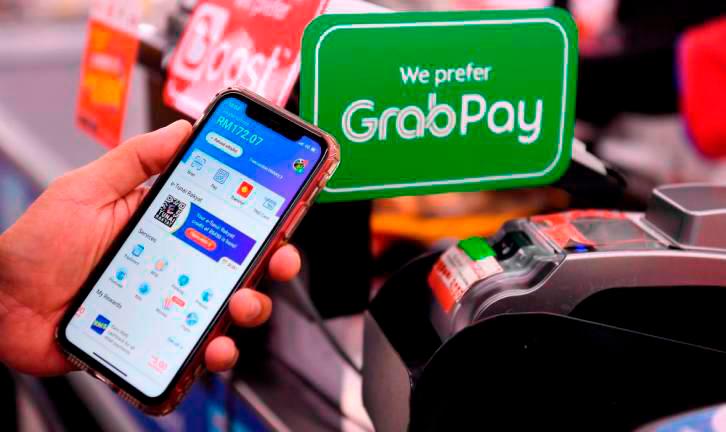DIGITAL payment has become the current trend when paying bills or purchasing goods. It has gradually replaced the traditional payment method that involves the flow of physical cash. Thus, a cashless economic environment has begun to form within our society.
According to Asia-Pacific Mobile Payment Methods Analysis Report, the Asia-Pacific region has shown an upward trend in digital payment. The report also revealed that there has been a constant revenue increment in the nations of the Asia-Pacific region, and the growth rate recorded has been high.
As for Malaysia, the report stated that the country’s expected Compound Annual Growth Rate on the total amount of digital payment transactions between 2020 and 2025 will reach double-digit, which is a positive sign.
The number of people who adopted digital payment during the Covid-19 pandemic increased, and it has become a social norm in the current post-pandemic period.
But, this has not been the case for Perlis. The adoption of digital payment is still not widespread in the state. For example, I still have to use cash in most food centres or small shops. This scenario is unfavourable to a student like me who has limited cash in the wallet. If I run out of cash, I would have to travel to a bank to withdraw money, and this is time consuming, especially when there is an efficient method such as digital payment.
Therefore, the adoption of digital payment among the people in Perlis will not only benefit the society, but also be a convenient mode of payment.
Based on an article from the United Nations Development Programme website, there can be positive influence on the Gross Domestic Product (GDP) growth of a country if digital payment is adopted and successfully implemented. The business markets will be well developed because it will enable businesses to save costs and have access to investment credits.
Furthermore, the GDP of Perlis is the fifth least among all the states in Malaysia, despite recording a 1.5% increment in 2021. Hence, the situation needs to be improved so the goal established by Perlis Chief Minister Datuk Seri Azlan Man in the “Perlis Strategic Development Plan 2012-2030” can be achieved.
He expects the GDP per capita of Perlis to rise by three times by 2030 so that it can become a poverty-free state, and its citizens can have high income to sustain the cost of living.
All in all, efforts by businesses and the Perlis government are needed to turn the state into a cashless society so its citizens can enjoy the benefits that can be gained from it.
Yeoh Tee Eng
Faculty of Business and Communication
Universiti Malaysia Perlis













